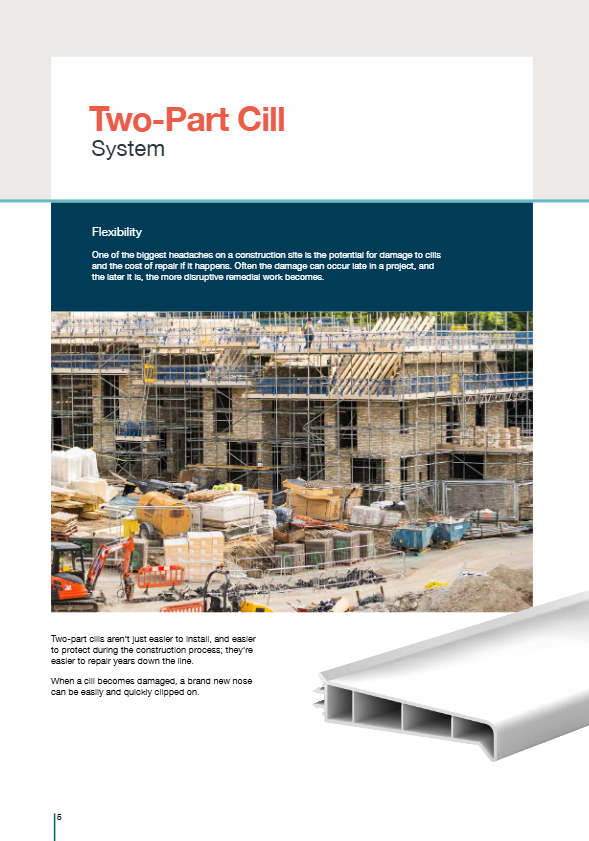The UK needs an extra 300,000 new homes every year to help end the “blight” of poor housing, a report has concluded.
The study by the Future Homes Commission, a body instigated by the Royal Institute of British Architects (Riba), identified brownfield land and sections close to virtually every city, town and village in a "housing revolution".
The proposals would not cost "an extra penny" of Government spending or debt providing "the dysfunctional way we build homes is radically overhauled", while creating tens of thousands of new jobs and encouraging investment, the report said.
It suggested local authorities lead the plans by securing rental housing developments on behalf of their taxpayers by pooling their assets to provide communities with better homes.
The report called for five major changes that it said would lead to a "radical improvement in UK housing", beginning with an increase in the number of new homes built every year from the current 100,000 to more than 300,000.
An independently-managed £10 billion Local Housing Development Fund would kick-start the scheme and would be financed and owned by the largest Local Authority pension fund.
The report also called for a greater focus on design in all new homes to ensure they met residents' needs, making them fit for future generations and attractive to UK and international investors to allow the Local Authority pension funds to recycle their investment.
Future Homes Commission chairman Sir John Banham said: "There is no better time to tackle the UK housing crisis.
"After a year-long national inquiry, the Future Homes Commission has concluded a housing revolution is entirely possible and will lead economic growth.
"We need to increase massively the number of quality homes being built for many years to come, but also to develop communities which enhance the quality of life for both new residents and those living in existing communities nearby. All this has to and can happen without any additional Government funding.
"We strongly believe that local government can become the leader of new development once again, by using their assets and powers to create the type of mature, sustainable, mixed tenure communities that Britain needs and that institutional and international investors want to invest in."
Housing minister Mark Prisk said: "We're determined to pull out all the stops to get Britain building and (this) report from the Future Homes Commission raises innovative and interesting ideas which we will consider carefully.
"We've introduced a range of measures, including investing £19.5 billion of public and private funds into our affordable housing programme, £10 billion loan guarantees to get more homes built for rent and selling surplus, formerly-used public sector land with build-now-pay-later deals to get workers on sites and the homes we need built.
"But we're also cutting planning red tape and giving local communities a greater voice in how their local areas develop, enabling them to reflect local character, feature good architecture and homes designed to stand the test of time."
Local Government Association Chairman Sir Merrick Cockell said:
"There is a dire need for new homes and councils across the country are working tirelessly with developers to release land, secure investment and give builders the flexibility they need to get on with the sort of schemes that will bring growth, jobs and new housing where they are needed.
"The real stumbling block to economic growth and new development is not the planning system but a lack of finance which is leaving buyers unable to buy and developers unable to build. Local authorities can play their part in tackling this, but we first need government to lift some of the restrictions stopping us.
"Councils are very keen to explore the opportunity to use pension funds to drive local economic growth. A few projects are already off the ground but with a bit more support we could put even more of the schemes' billions of pounds in collective assets to work. The LGA has been discussing the potential for unlocking further investment with pension funds to explore the obstacles to this type of investment that exist at present. We have asked the Government to help clear the barriers standing in the way of direct investment in job creating infrastructure projects.
"In addition to pension schemes, there are other avenues through which councils could unlock finance to boost development. Lifting restrictions on local authority borrowing would free councils to build new affordable homes and kick-start job-creating infrastructure projects. Councils have a proven track record of prudent borrowing. Their credit rating is excellent and interest rates would be low. It is time British councils are allowed to take advantage of these conditions in the same way as municipalities in competing countries, like Germany, already are."




















